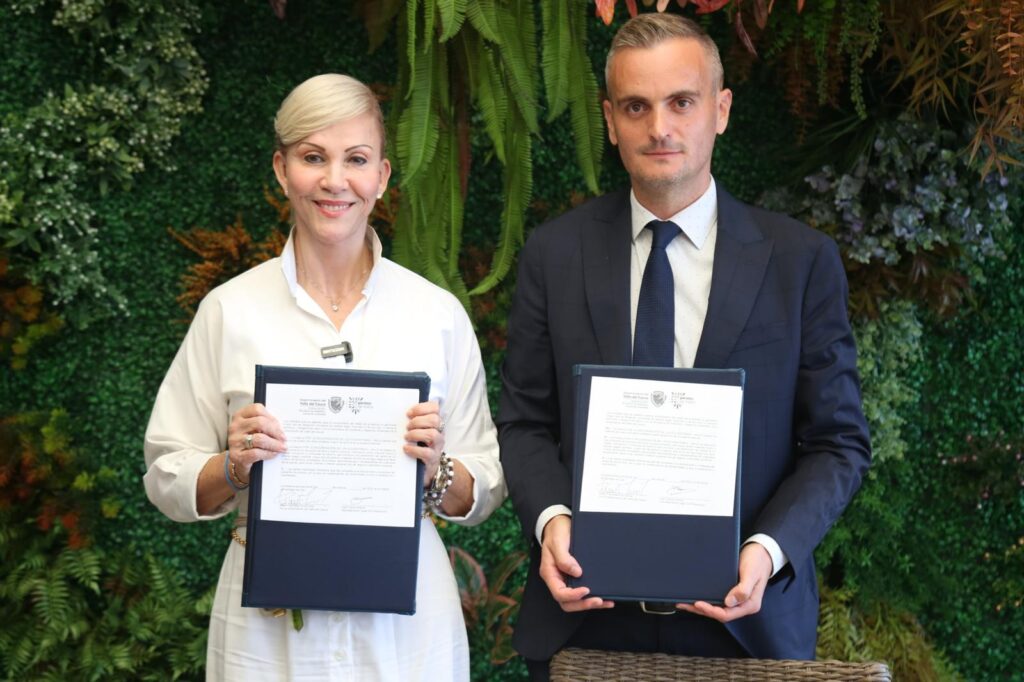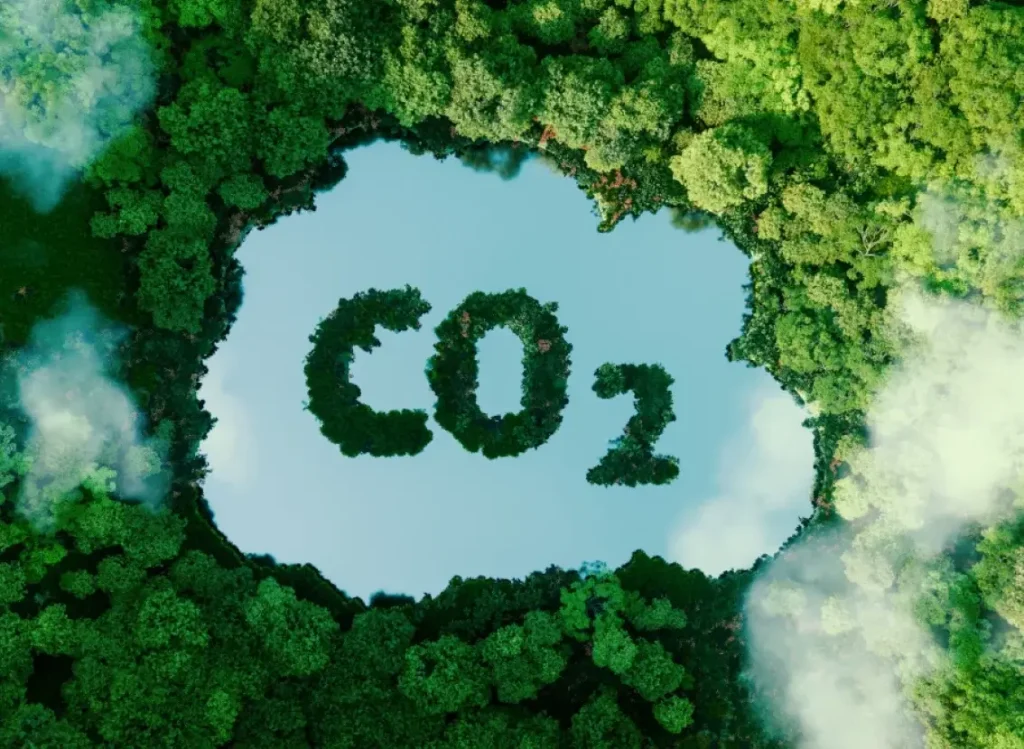Renewable energies and their role in energy savings
The depletion of natural resources and the emission of greenhouse gases are placing significant pressures on our planet. The transition to cleaner and more sustainable energy sources is essential. Among these sources are biomass and biogas, two alternatives that deserve special attention.
- Biomass: Biomass refers to renewable organic matter, such as agricultural, forestry, or food waste, used to generate energy. Converting biomass into heat, electricity, or biofuels is an effective way to utilize natural resources without depleting them. Additionally, it reduces dependence on fossil fuels and their environmental impacts.
- Biogas: Biogas is produced through the decomposition of biodegradable organic matter in the absence of oxygen. It is a renewable energy source used for generating electricity, heating, and as fuel. Producing biogas from organic waste contributes to energy savings and sustainable waste management.
How Forests Contribute to Energy Savings
When we combine these two energy sources with reforestation, we achieve a healthy cycle. The combination of biogas, biomass, and reforestation unites the production of renewable energy with the restoration and preservation of our valuable natural resources. But what is the role of trees in relation to energy savings?
- Trees provide natural shade in urban and rural environments, reducing the need for artificial cooling in buildings and vehicles.
- Trees near buildings act as natural insulators, reducing heat loss in winter and heat gain in summer.
- Trees absorb carbon dioxide, helping to mitigate climate change and reduce the need for energy for heating and cooling.
- Vegetation contributes to air purification, reducing air pollution and improving human health.
A Sustainable Future Within Reach
At both personal and business levels, we can take steps to leverage renewable energy and promote tree planting:
- Use of Biomass and Biogas: Explore biomass and biogas options for generating heat, electricity, and clean fuels.
- Promote Reforestation: Participate in reforestation programs and tree care in local communities.
- Energy Efficiency: Continue improving energy efficiency in homes and businesses, taking advantage of the benefits of renewable sources
World Energy Saving Day reminds us that by adopting renewable energy sources like biomass and biogas and promoting the planting and care of trees, we can significantly contribute to energy savings and the creation of a more sustainable future. These actions are an opportunity to make energy cleaner and more accessible. It is time to act and make sustainability an everyday reality.


